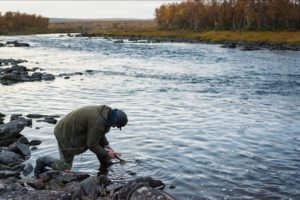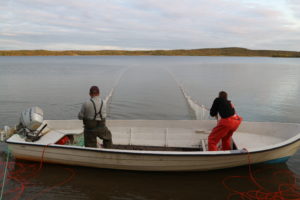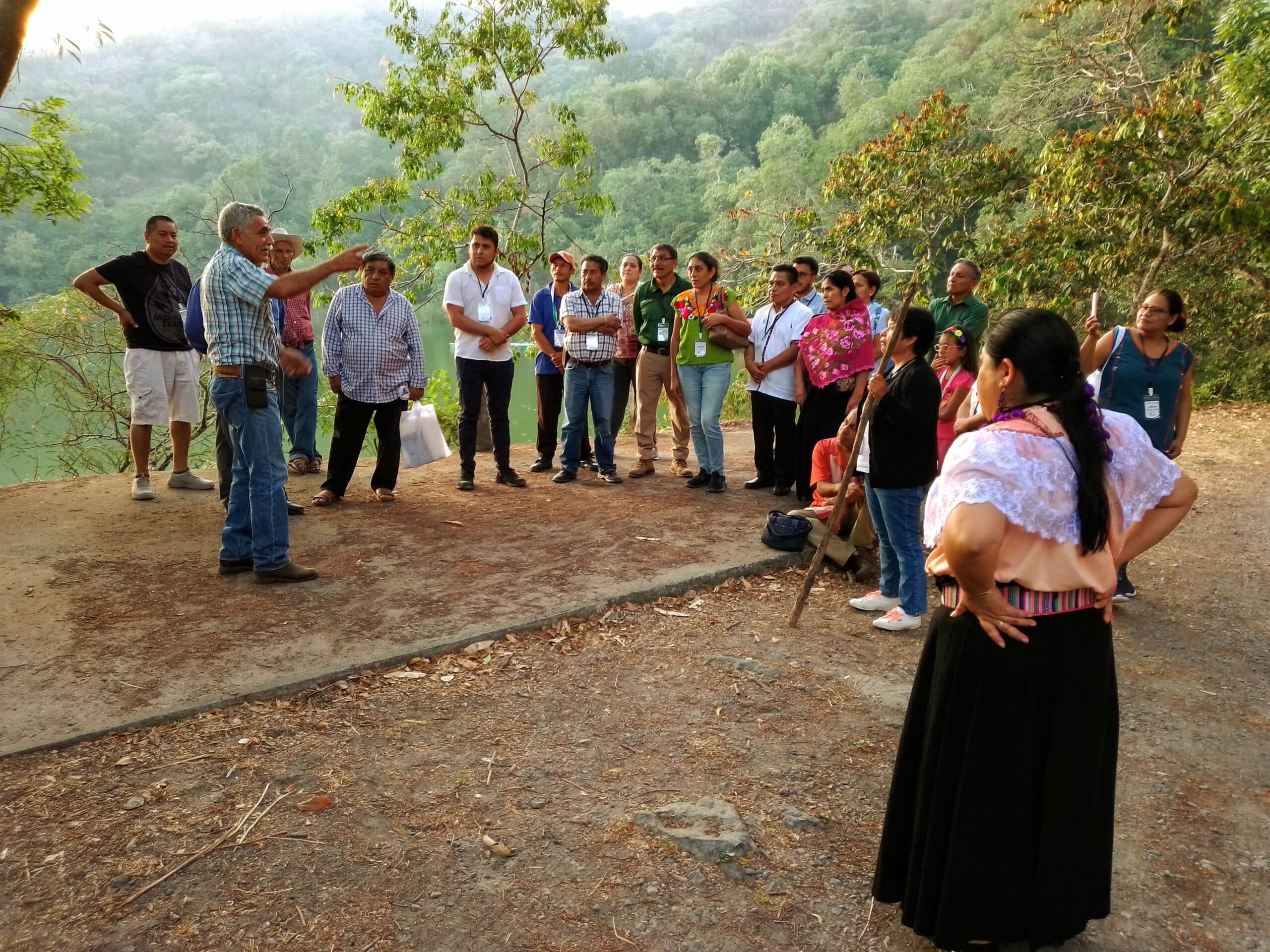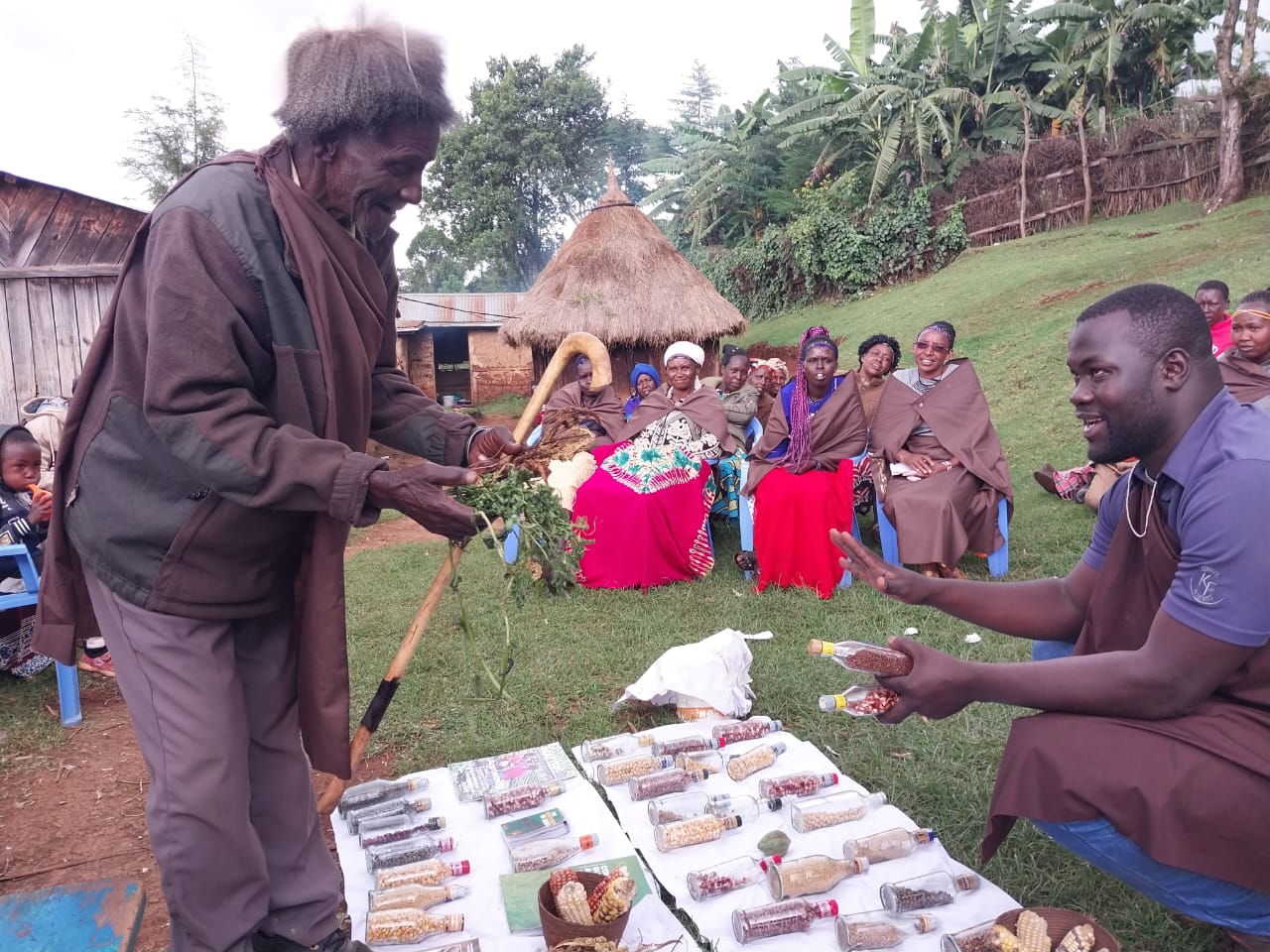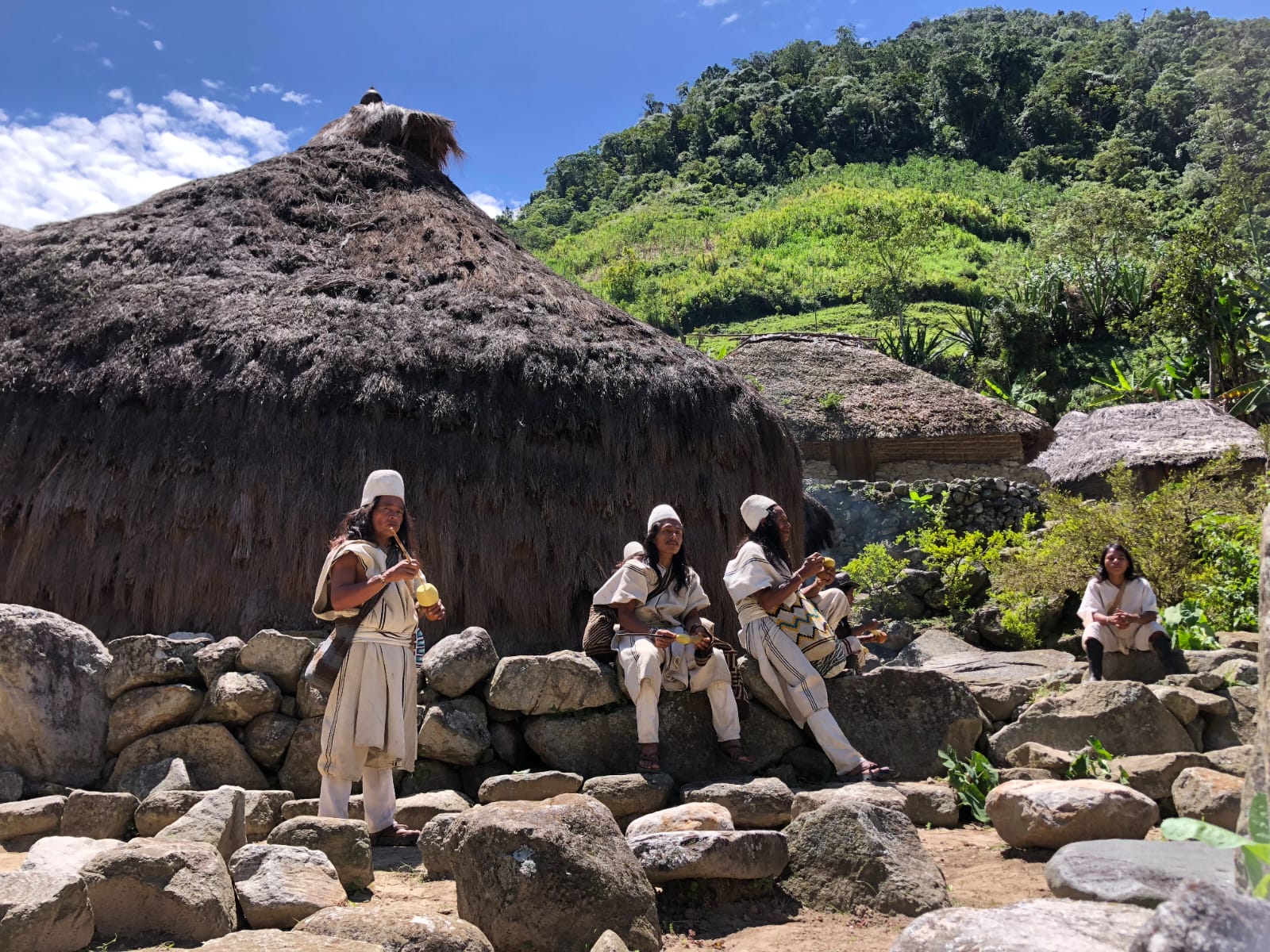Along with welcoming a new year, we would like to share a glimpse of the work of Land is Life’s close partner in the Arctic and Boreal regions, Snowchange Cooperative, a nonprofit based in Finland. Snowchange is a network of Indigenous and local communities that is devoted to advancing traditional knowledge and livelihoods in policy-making and practice.
In 2019, Land is Life and Snowchange joined forces to expand our Indigenous-led grantmaking initiative to the Arctic region. The collaboration has led to carrying out 15 Indigenous-led projects in the Arctic, ranging from traditional knowledge mapping to strengthening food sovereignty.
In addition, Land is Life has supported the conservation of Kivisuo, a large intact peatland, biodiversity hotspot and carbon sink, and the restoration of Kissapuro brook, that are both part of Snowchange’s Landscape Rewilding Program. The community-based program conserves intact ecosystems and restores habitats that have been disturbed by industrial land use, such as peat mining, forestry, and hydropower. In 2021 the Rewilding Program reached its scope to 55 sites, covering more than 31,000 hectares.
One of the key areas of the program is the Njauddâm River Watershed, a cross-border basin in northern Finland and Norway. It is home to the Skolt Sámi, a small Indigenous group belonging to the Sámi Peoples, who practice traditional fishing and reindeer herding in the borderland between present-day Finland, Russia, and Norway. The Njauddâm River is an important Atlantic salmon river with whom the Skolts have a deep relationship, consisting of fishing, oral histories, handicrafts, songs, and language. However, the river and thus the Skolt Sámi ways of life are facing major threats, caused by climate change, salmon farming along Norway’s coast, releases from the nearby mining activities, as well as expanding tourism development.
In 2011, to address these challenges, the Skolt Sámi collaborated with Snowchange to launch the Njauddâm River Collaborative Management Plan, first of its kind in Finland. A decade of work has resulted in large-scale ecological restoration, documentation of Indigenous observations of climate and biodiversity impacts, documentation of traditional land use and culture, scientific research on climate and biodiversity changes, as well as development of new management and governance models of the basin.
In 2021, the first-ever microplastics survey was conducted in the region with alarming results. Additionally, Ruʹvddvääʹrr, a large Skolt Sámi Indigenous forest with recovering habitats and ecological and cultural value, was safeguarded with the Rewilding Program. Community-led restoration and conservation are empowering practices of crucial importance as they pave the way towards a growing recognition of land rights, Indigenous self-determination, and a more equitable governance of natural resources where traditional livelihoods are allowed to thrive in healthy landscapes.

